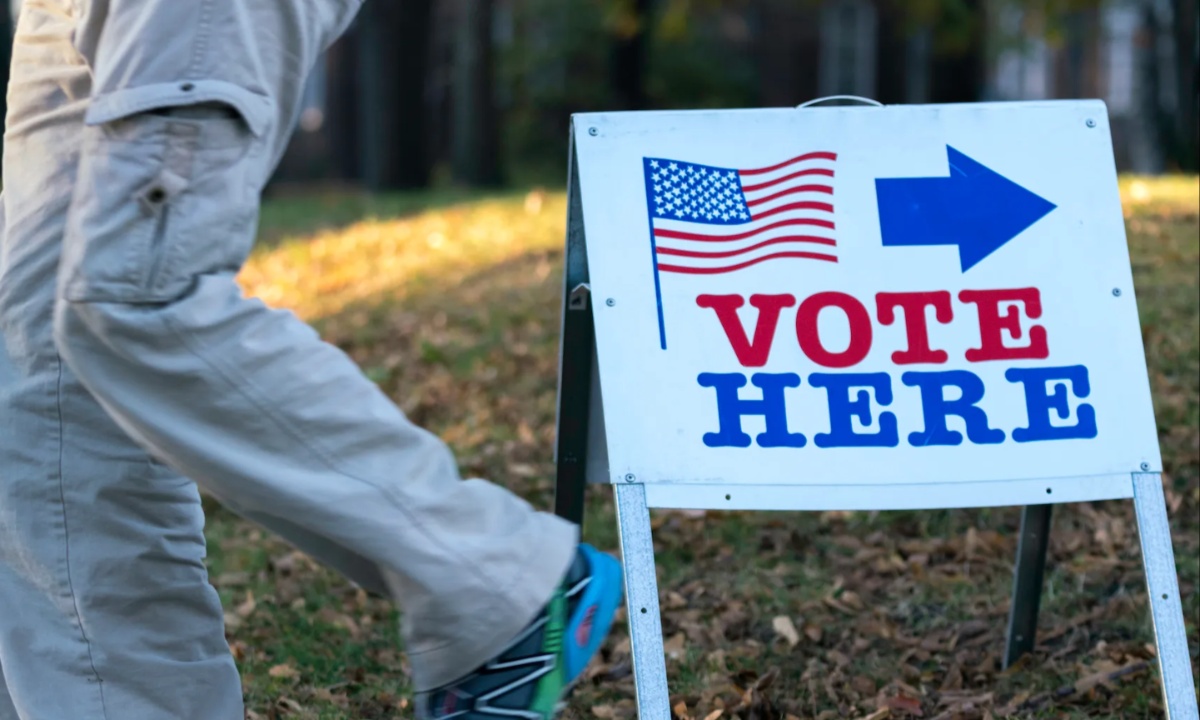Election officials in critical battleground states are taking strong measures to counter disinformation regarding election integrity. Their goal is to reassure voters that their ballots will be counted fairly and accurately. In Ann Arbor, Michigan, officials from both the Republican and Democratic parties gathered for discussions hosted by the nonpartisan group, Keep Our Republic.
This group aims to educate the public about the risks to the U.S. election system and restore trust in it. Their efforts are focused on preventing a repeat of the chaos seen in 2020 when false claims of fraud, primarily driven by Donald Trump’s supporters, led to disruptions during vote counting.
Despite these efforts, concerns about election fraud remain widespread among Trump supporters. Many attendees at a Republican event in Michigan voiced doubts about the legitimacy of the electoral process. The skepticism has persisted since the 2020 election, where baseless claims of voter fraud were widely circulated.
Although courts rejected over 60 lawsuits contesting the election results, a significant portion of Republicans continues to trust Trump and his narrative over official election results. Polls show that while Democrats largely trust government certifications, a majority of Republicans remain doubtful, reflecting a deep partisan divide.
Election officials warn that this disinformation can have dangerous consequences. Jonathan Brater, director of Michigan’s Bureau of Elections, emphasized that misinformation could not only lead to threats against election officials but also erode long-term trust in the electoral system.

Battleground States Strengthen Efforts to Combat Election Disinformation Amid Ongoing Skepticism
In Wisconsin, Meagan Wolfe, another election official, has been subjected to threats over false accusations of rigging the 2020 election in favor of Joe Biden. Wolfe encourages citizens who are skeptical of the process to become more involved by serving as poll workers or observers, allowing them to witness the security and accuracy of the system firsthand.
Support for securing elections comes from some Republicans as well, though they face challenges within their own party. In Michigan, Republican election official Justin Roebuck is working to engage directly with voters to restore confidence in the process.
He acknowledges that misinformation from political leaders is a significant barrier to building trust and stresses the importance of relying on facts and data. Roebuck also pointed out the decentralized nature of U.S. elections, where each state operates differently, and stressed that there is always room for improvement in the system.
In Michigan, tensions are already rising as Republicans loyal to Trump have filed lawsuits against Secretary of State Jocelyn Benson, a Democrat, over election guidelines such as absentee ballots. Benson has dismissed these lawsuits as attempts to create doubt about the election process.
She claims that they are designed to introduce false narratives of irregularities, rather than addressing any real legal concerns. This legal wrangling hints at the potential for significant conflict as the election approaches, with both sides preparing for possible post-election challenges.
Congress has introduced reforms to prevent post-election chaos like what occurred after the 2020 election. Following the January 6, 2021, Capitol riot, the Electoral Count Reform Act was passed to set clear deadlines and guidelines for certifying election results.
States now have until December 11 to submit their certified electoral slates, and several battleground states have passed legislation to ensure they meet this deadline. However, Pennsylvania and Wisconsin have not enacted similar laws, leaving them vulnerable to legal delays and partisan challenges that could complicate the certification process and potentially affect the allocation of electoral college votes, which are essential for determining the next U.S. president.























